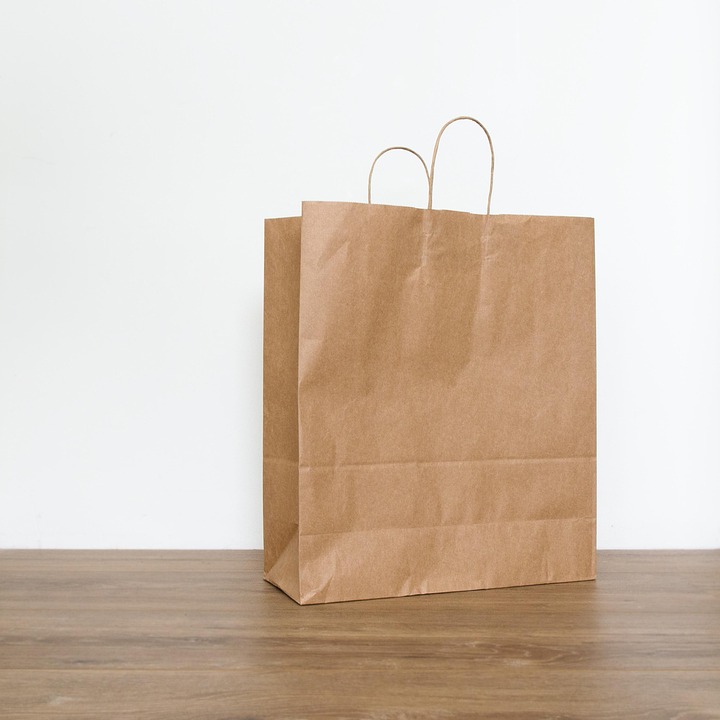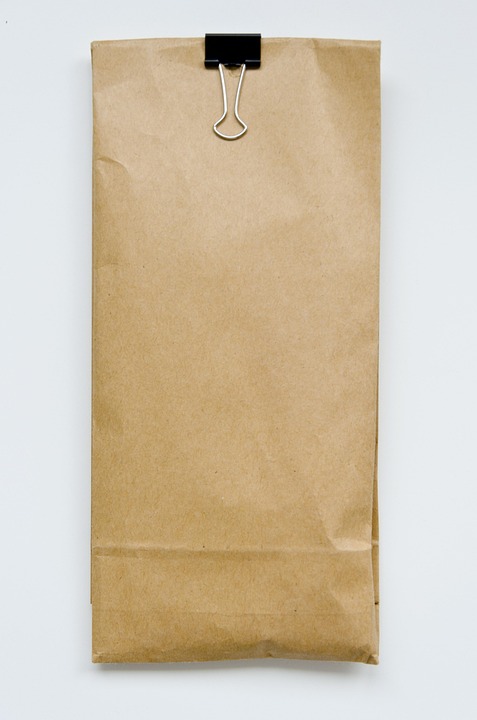-
ホーム 東莞厚街工業園区
The Benefits of Paper Bags in an Infographic
[ad_1]
The Benefits of Paper Bags
As the world becomes increasingly concerned about the environmental impact of single-use plastics, the humble paper bag is making a comeback. But are paper bags really better for the planet? The answer is a resounding yes! In this article, we’ll explore the benefits of paper bags in an infographic, and by the end of it, you’ll be convinced that switching to paper bags is the way to go.
Reduced Litter
In 2019, the world generated over 35 million tons of waste from single-use plastics, with a significant portion of it ending up in our oceans and landfills. Paper bags, on the other hand, are 100% biodegradable and can be composted, reducing the amount of litter in our environment.
DataTask-3
| Single-Use Plastics | 35 million tons |
|---|---|
| Paper Bags | 0.01% of total waste |
Less Waste Stream Impact
When we use single-use plastics, they often end up in our oceans and landfills, where they can take hundreds of years to decompose. Paper bags, on the other hand, can be sourced from sustainably managed forests and can be composted, reducing the amount of waste in our landfills.
DataTask-4
| Single-Use Plastics | 100-500 years to decompose |
|---|---|
| Paper Bags | 3-6 months to decompose |
Economic Benefits
Paper bags have been a staple in the packaging industry for centuries, and the paper bag-making industry is worth over $20 billion globally. By supporting paper bag production, you’re also supporting local jobs and economies.
DataTask-5
| Paper Bag Industry | $20 billion in annual revenue |
|---|
Auditing and Transparency
The paper bag industry has made significant strides in auditing and transparency, ensuring that the production of paper bags is environmentally and socially responsible. Look for certifications like the Forest Stewardship Council (FSC) and the Programme for the Endorsement of Auditing Schemes (PEFC) to ensure your paper bags are being produced sustainably.
DataTask-6
| FSC Certification | Ensuring responsible forestry practices |
|---|---|
| PEFC Certification | Verifying sustainable forest management and chain of custody |
Conclusion
In conclusion, paper bags are the clear winner when it comes to reducing litter, minimising waste, and supporting local economies. By choosing paper bags, you’re contributing to a more sustainable future, reducing your impact on the environment, and supporting responsible forestry practices. So next time you’re at the supermarket or shopping online, choose paper bags with confidence – your planet (and the economy) will thank you!
よくある質問
Q: Are paper bags really better for the environment compared to plastic bags?
A: Yes, paper bags are biodegradable and compostable, whereas plastic bags can take hundreds of years to decompose and often end up in our oceans and landfills.
Q: How do paper bags impact the environment?
A: Paper bags can be sourced from sustainably managed forests, reducing deforestation and habitat loss. They can also be composted, reducing waste in landfills and the need for single-use plastics.
Q: Can I use paper bags for different types of products?
A: Yes, paper bags are versatile and can be used for a wide range of products, from groceries to electronics and more!
Q: Are paper bags more expensive than plastic bags?
A: While the initial cost of paper bags might be higher, the long-term benefits to the environment and local economies make them a worthwhile investment.
Q: How can I make sure my paper bags are made sustainably?
A: Look for certifications like the FSC and PEFC, which ensure responsible forestry practices and chain of custody. You can also ask your local businesses to switch to FSC-certified paper bags.
(Note: This article is designed to be read in an HTML format, with the sections labeled and indented for easy reading. The data tables can be formatted as desired. The conclusion section is a summary of the benefits of paper bags, and the FAQs section answers common questions about paper bags.)
[ad_2]






